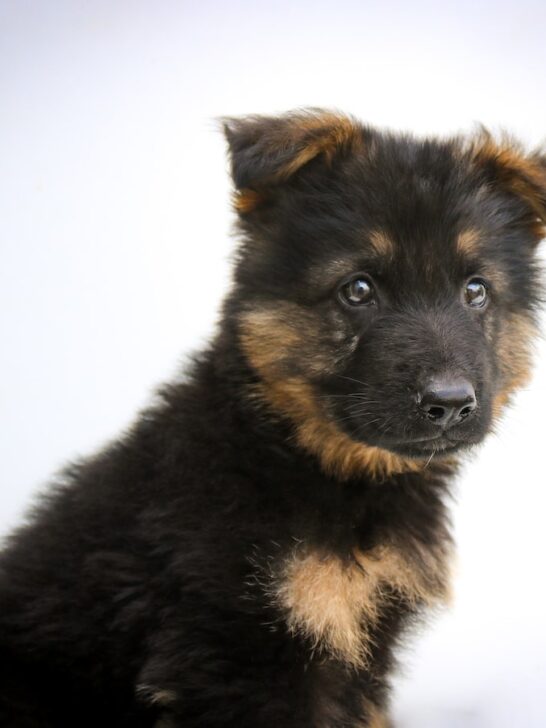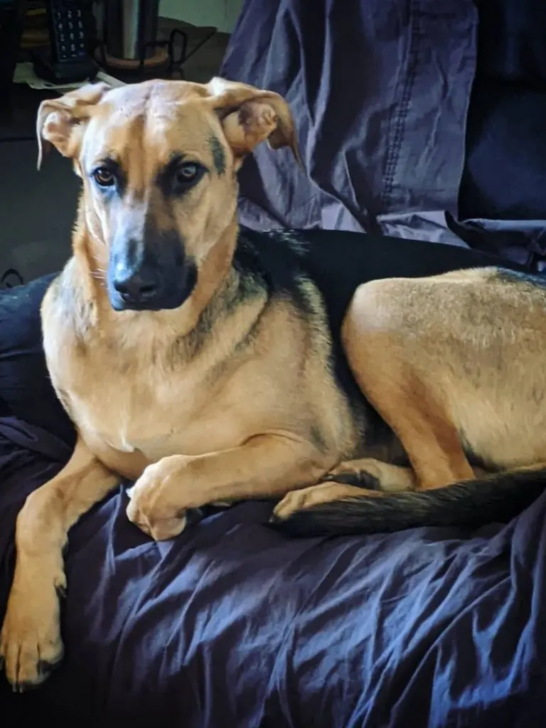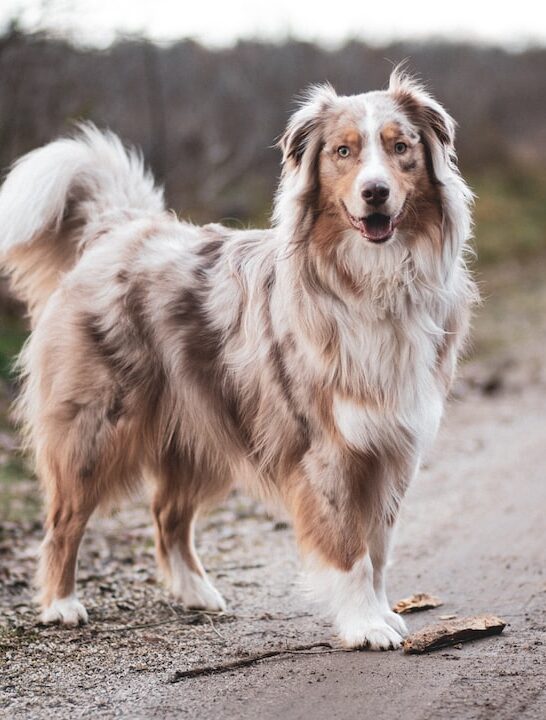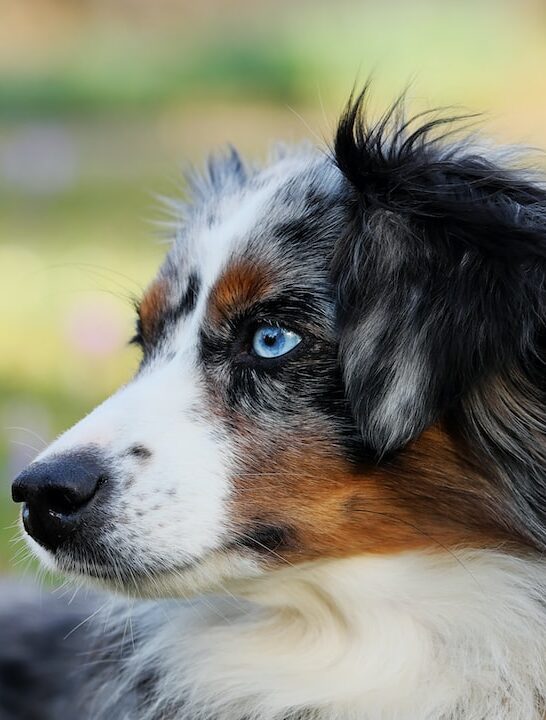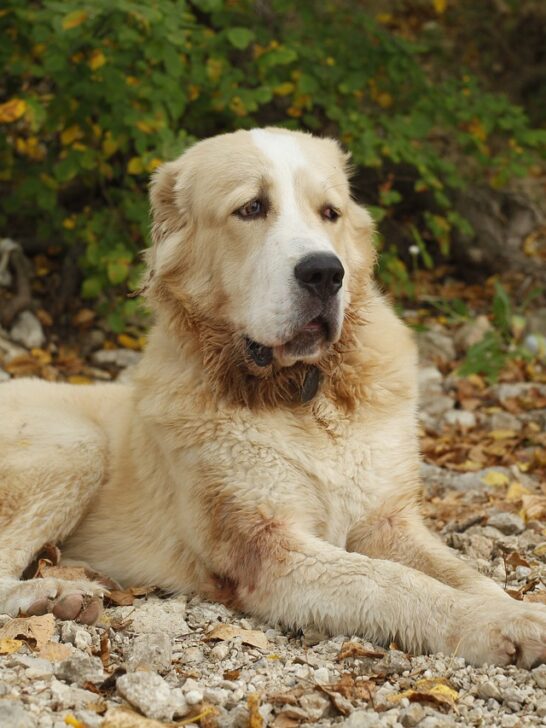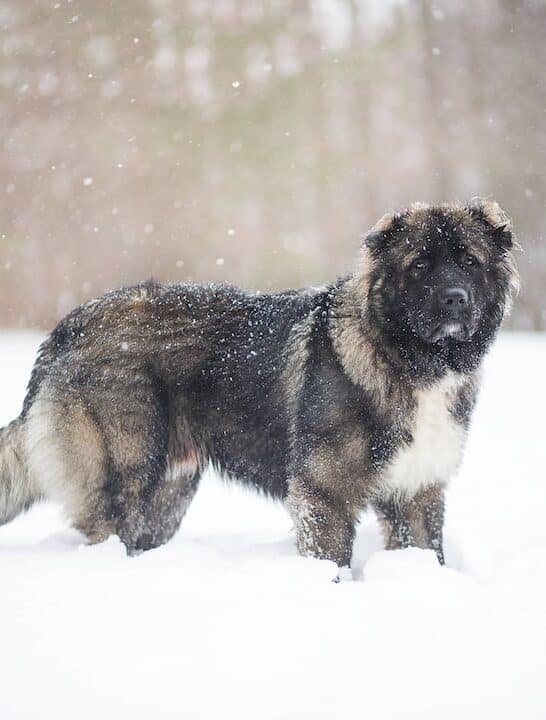What to Do if My Puppy Is Yelping After Vaccination
Getting your puppy their first inoculations is one of the most important health steps you can take for your young buddy. They need them to stay safe from very serious diseases.
However, they’re still babies, and their first vet trips can be scary. Plus, it’s not unusual for a small immune reaction to occur after the shots.
Today, we’ll look at how to handle a puppy yelping after a vaccine, when to worry, and what you can do.
How to Handle a Yelping Puppy After a Vaccine
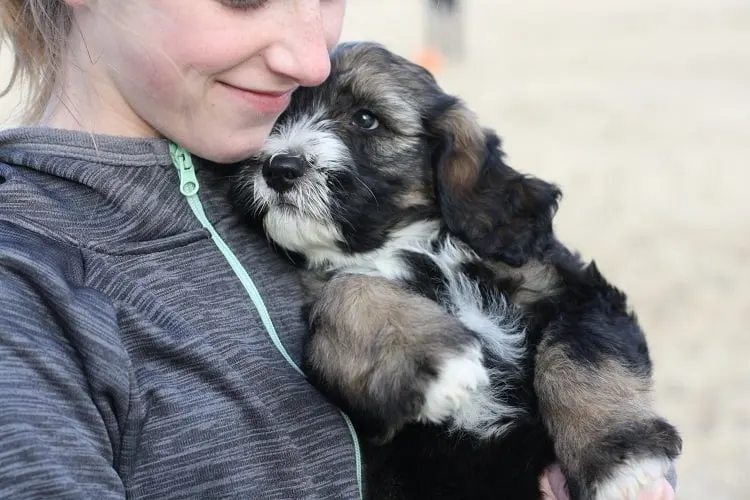
While it can be scary, especially for first-time owners, to hear a puppy yelp after a shot, it’s usually not a cause for real concern.
They may also get a little swelling around the injection site, be a bit sneezy for a day or so, or have a runny nose. While you should monitor these signs, and take them back to the vet if you have concerns, these symptoms should pass quickly and soon be forgotten.
Yelping and shaking a bit after a scary experience is normal for a pup, and is their way of letting you know that they need your comfort. The puppy should stop yelping very soon after the vet visit, and most signs clear up in a day or so.
Common post-shot effects include:
- Mild soreness or swelling at the site of the injection
- Tiredness on the day of the shot
- Mild sneezes, runny noses, or a light cough
- Mild itching or fidgeting
When should you worry? If the pup is running a high temperature, the injection site is very hot or swollen, they collapse, itch excessively, you note swelling and rashes, or they vomit or have diarrhea, it’s time to worry.
It’s also worth monitoring the little “bump” at the injection site. It should go down after 48 hours. It’s also not normal for these reactions to get worse over time—they should get better throughout the first day and into the next.
Some pups are a little dramatic and may cry, shake, or yelp a bit if picked up post-injection. Remember, it was scary and now they feel a little sore. They want your comfort and attention, just like a child.
Give them food, water, and their comfy space, and let them know that you’re there for reassurance. Keep a careful eye on them, but don’t worry too much—severe reactions are very rare, and the chances are that your little one is just fine.
Shaking, crying a little, or yelping are all common reactions to a new, and not really pleasant, experience, so while they can tug on your heartstrings, don’t let them worry you too much.
Remember, your puppy is a baby exploring the world and new sensations, and it’s natural for them to be a little startled by their first vet visits—we don’t like the doctor either!
Other puppies won’t even think about it again once it’s done, and every dog is different, so don’t be surprised if you never see this reaction.
What Can I Give My Dog for Pain After Shots?
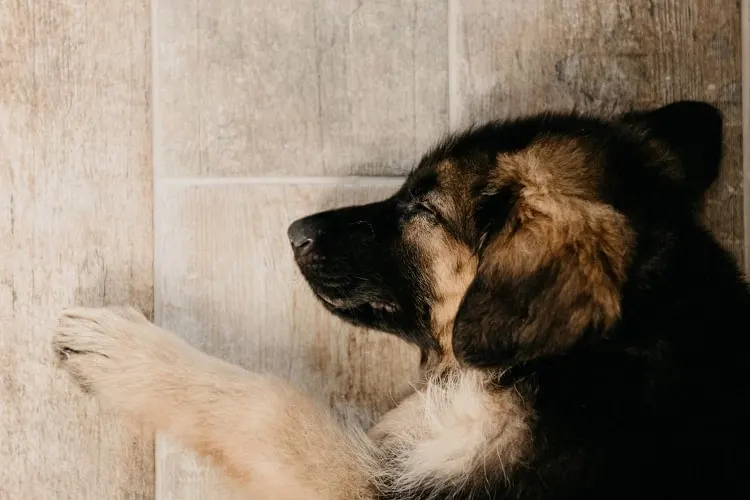
It’s not a good idea to tinker with your puppy too much, even if they are yelping or shaking a little. The shot needs to process an immune reaction in the body to have positive effects; numbing those reactions might damage the future effectiveness of the vaccine. Think about the future of your little puppy.
Never give a puppy human medication or even medication that was prescribed for older dogS. This can be far more dangerous to their health than a little vaccine reaction!
They may not want to eat or drink a lot, but make sure they have access to fresh food and water. Keep them quiet and comfortable with their favorite toys and basket/crate, and watch them. They’ll be back to feeling great in no time.
When Will the Discomfort Pass?
It’s very rare for a first vaccine’s side effects to last longer than a day or two. If you get into day three and the puppy is still shaking, crying, or showing other symptoms, it might be time to head back to the vet.
Can I Skip my Puppy’s Vaccine?
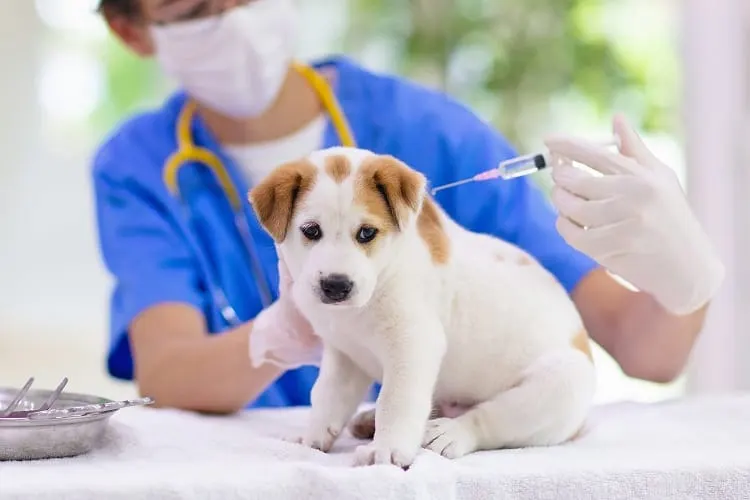
No.
Puppyhood vaccines are crucial to ward off a host of horrible diseases. In particular, your pup’s first two shots will be giving them protection against the killer parvovirus, or “cat flu”.
This disease decimates unvaccinated litter and is one of the worst diseases a puppy can encounter.
Even if you manage to pull them through a parvovirus infection, they can suffer life-long effects, and many puppies don’t make it at all. You can’t even own another dog for two years after having parvo in the house.
Other serious diseases, like rabies and parainfluenza, are also vaccinated against, and can also be serious—or deadly.
It’s really much better to be safe than sorry, and your puppy’s health, well-being, and life are in the balance. Always get them their vaccines on time so they stay healthy and happy and can thrive.
Conclusion
While it can be heartbreaking to see your little one unhappy, understand that most vaccine “reactions” are very mild and will pass quickly.
Your pup will soon be back to mischief and happiness. A puppy yelping after vaccination, or seeming a little bothered, is often more about the sudden new experience and residual “ouchie” from the injection site than anything serious.
While you should always monitor them to make sure no more serious reactions are occurring, the chances are that they’ll be right as rain in a little bit—and protected from some truly horrible diseases.
























